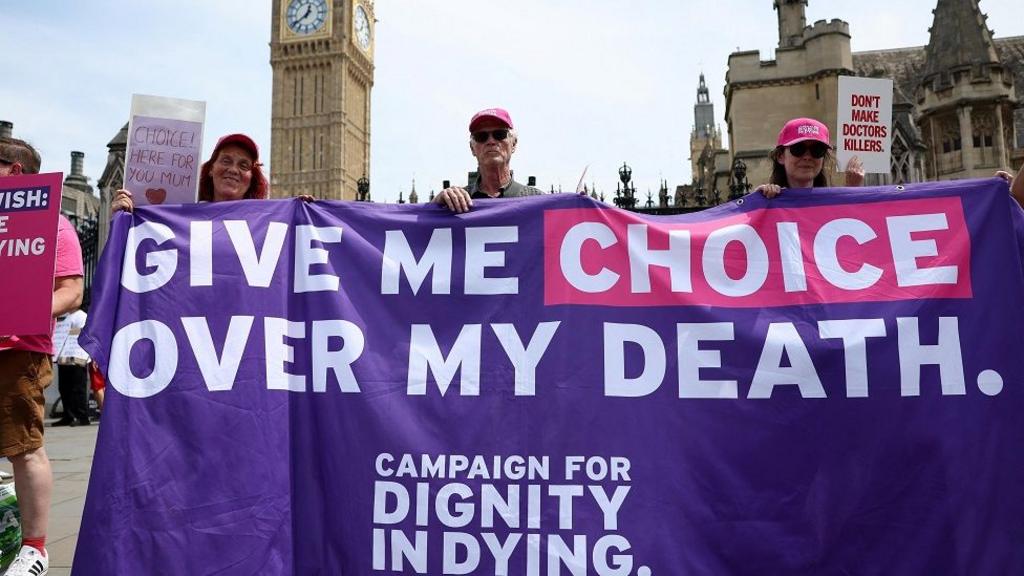Recent days have witnessed a notable shift in social policy at Westminster.
This past week, Parliament approved two significant legislative changes reflecting a socially liberal trend.
MPs recently voted to reform abortion legislation, preventing the prosecution of women in England and Wales who terminate their pregnancies.
Furthermore, the Commons endorsed a bill to legalize assisted dying (referred to by some opponents as assisted suicide) in England and Wales.
While this vote doesn’t guarantee enactment—the bill proceeds to the House of Lords—it significantly increases the likelihood of its becoming law.
However, even if the bill receives Royal Assent, implementation is anticipated towards the end of the decade.
The government announced a longer “commencement period” than initially hoped for, to facilitate necessary preparations.
Government impact assessments project hundreds of requests for assisted dying in the initial years, potentially rising to approximately 4,000 annually after a decade.
A separate bill is under consideration in the Scottish Parliament, while no plans currently exist for assisted dying in Northern Ireland.
This represents a substantial societal change, often compared to landmark legislation such as the 1967 Abortion Act, the abolition of capital punishment, decriminalization of homosexuality, and the legalization of same-sex marriage.
MPs enjoyed a free vote on both matters this week.
The altered composition of the Commons following the general election—particularly the influx of new Labour MPs—has significantly influenced the parliamentary climate, enabling the passage of both bills.
Public opinion polls consistently reveal substantial support for legal reform.
A recent YouGov poll indicated that over seven in ten Britons support assisted dying proposals.
However, MPs carefully considered both the principles and practicalities of the bill.
The vote was closely contested—604 MPs voted, with a 23-vote majority in favor.
Some opponents voiced support for the principle but opposed the specific bill’s provisions.
Despite this, Parliament’s approval marks a pivotal and unprecedented moment.
The Commons previously rejected similar legislation in 2015 and 1997.
This time, the outcome differed.
The debate remained impassioned, even extending to terminology.
While “assisted dying” is commonly used, opponents argue for “assisted suicide” or “assisted killing”.
These arguments will continue, but the bill now proceeds to the House of Lords.
Central to the debate is the extent to which the unelected upper chamber can reasonably amend, delay, or reject the bill.
Labour MP Kim Leadbeater, a leading campaigner, anticipates the Lords will ultimately respect the Commons’ authority.
Conversely, Conservative MP Danny Kruger, an opponent, asserts the Lords’ right to reject the bill, citing its absence from Labour’s manifesto and flaws in the legislative process.
The Lords’ consideration could begin within weeks, potentially leading to legal changes in England and Wales by year’s end.
Subscribe to our Politics Essential newsletter for ongoing updates on Westminster and beyond.

